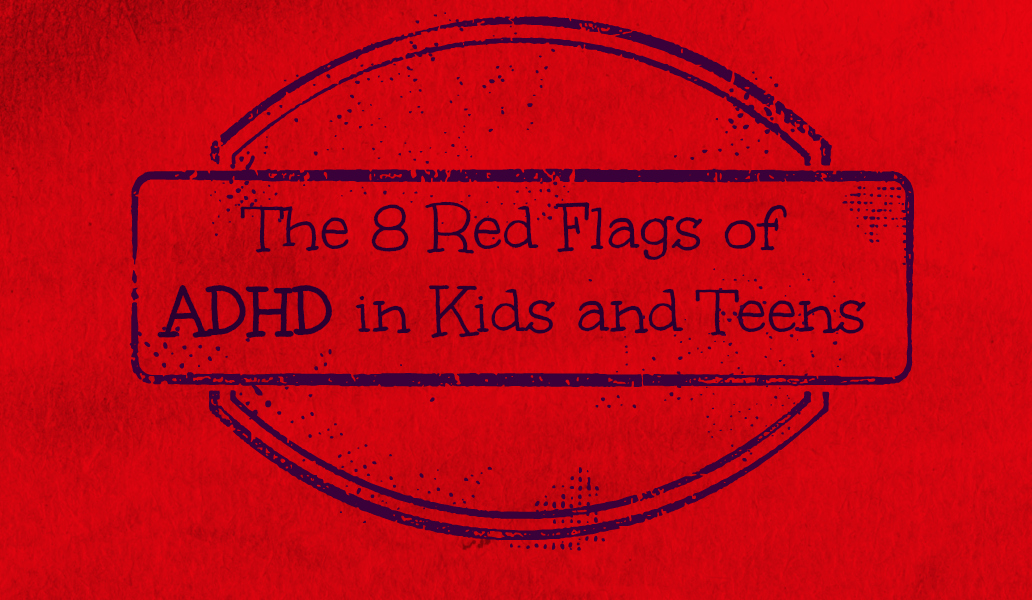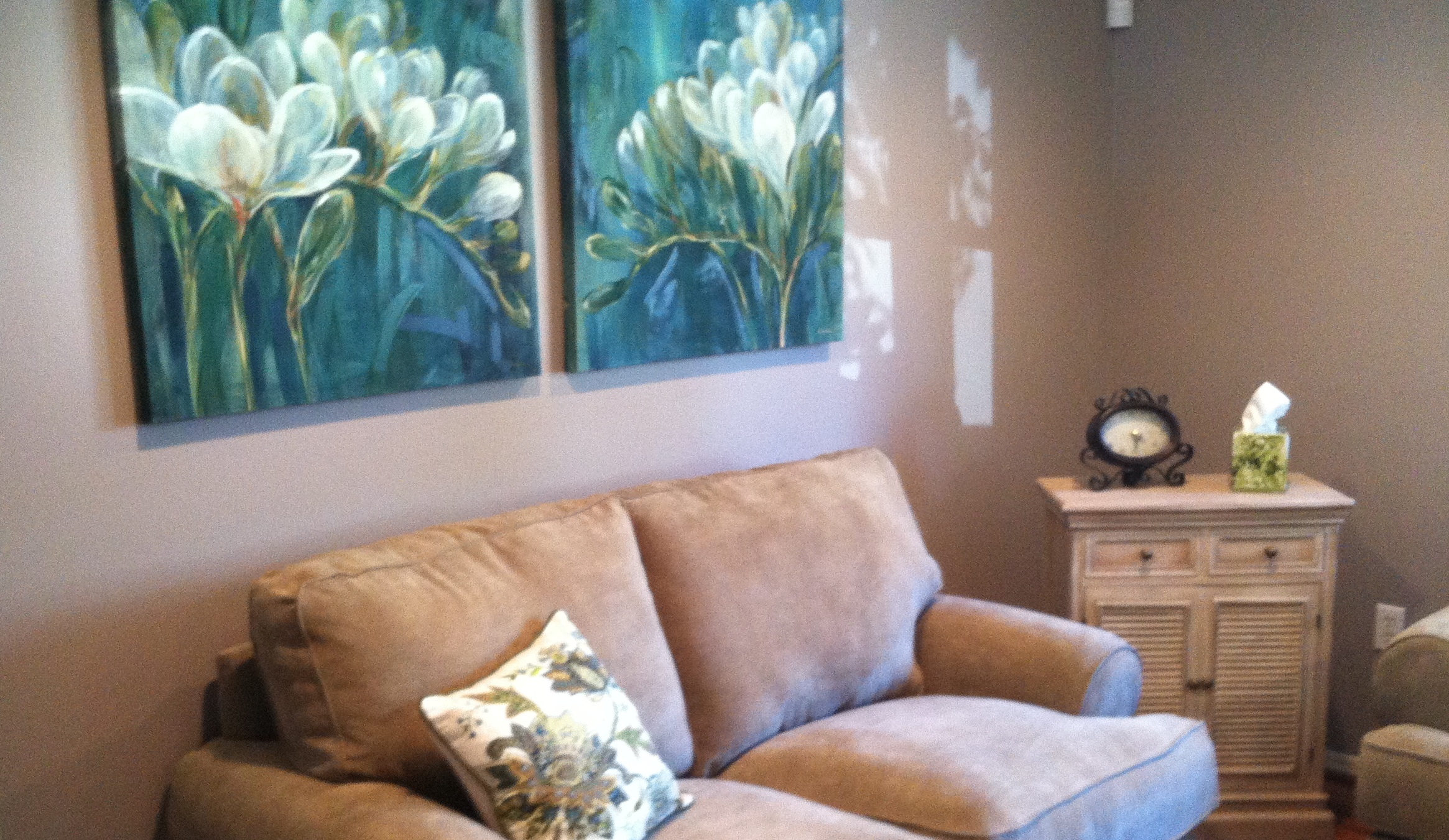-
10 Things You Need to Do To Help Your Child With ADHD
Before reading this post, you may want to read my last post, The 8 Red Flags of Attention Deficit/ Hyperactivity Disorder in Kids and Teens. If you’re wondering if your child has ADHD, read that post and consider taking them to a psychologist for an evaluation.
If your child has recently been diagnosed with ADHD, you may be wondering how you can help them. It can be tough to know where to start and what your child needs. Take a deep breath and read on for my top tips. There are many things you can do to help your child with ADHD function better at home and at school.
1. Work with your child’s school. The school can provide accommodations for kids with ADHD. In fact, they are required to by law. As soon as your child is diagnosed, ask to meet with the school counselor and bring your child’s ADHD evaluation with you.
Work with the counselor and teachers to come up with accommodations that will help your child. Depending on how much trouble your child is having, the school may want to develop a formal plan of accommodations for your child called a 504 Plan. Some common accommodations include:- Testing in a distraction free environment, possibly even in a separate room than the rest of the class.
- Preferential seating in an area away from distractions, including away from doors, windows, or other talkative students
- Clearly defining rules, expectations, and consequences
- Using a daily reward system to reward on-task behavior and compliance
- Using of a structured organizational system (i.e. daily organizer or homework planner.)
Also, be sure to meet with the school sooner rather than later. Accommodations are not retroactive – they don’t affect prior assignments and tests. Therefore, even if you’re not sure if your child needs extra support, it’s best to meet with the school as soon as possible. That way you can help your child start off on the right foot from the beginning rather than scrambling to get them help when they already have many bad grades or missing assignments.
2. Make sure your child gets enough sleep. Lack of sleep can make paying attention extremely hard, and this is especially true for kids who already struggle with attention.
3. Help your child eat healthy, nutritious meals! Click here to learn more about nutrition and ADHD. This is a really, really important component in helping your child with ADHD be their best self.4. Implement a behavior chart system (or use Chore Monster). This can be a useful tool for kids who struggle with remembering to complete chores and tasks.
5. Make sure you have a structured daily routine at home, even during summers and breaks. Kids with ADHD tend to behave the best when they know what to expect each day.
6. Limit technology time. While this is important for all kids, it is especially important for kids with ADHD. Technology, such as TV and video games, can cause or exacerbate attention problems. Video games and TV are more likely to be addictive for kids with ADHD as well.
7. Consider taking your child to therapy with a mental health professional knowledgeable about ADHD. A therapist can help teach them to regulate their emotion, tolerate frustration, and learn coping skills. The therapist can also help you create the best home environment possible for your child.
8. If your child is struggling with school because of their attention problems, consider hiring a tutor. Often kids with ADHD do better with 1-on-1 instruction than in a large classroom setting.
9. Consider meeting with a psychiatrist to discuss the possibility of medication. I’m a psychologist, so I don’t prescribe medication, but I believe it can be an important component of treatment for some people with ADHD. It can help kids focus better, be less impulsive, and less hyperactive. Some parents are hesitant to take this step because of their concerns about how the medicine will affect their child’s personality. When it’s at the correct dosage, medication shouldn’t change your child’s personality – it should just help your child focus and attend better. If it does change your child’s personality or make them into a “zombie,” they are either on the wrong medication or the wrong dosage.
10. Most importantly, recognize and praise your child’s strengths often! Be sure they know you love them and think highly of them. Praise them often for things such as working hard, being patient, and completing their chores.













